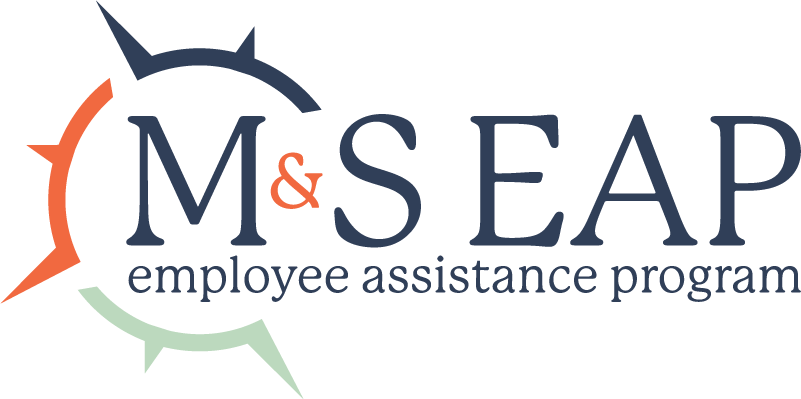Human Resources as a Manager’s Strategic Partner Unveiling its Role and Benefits

Human Resources as a Strategic Business Partner
In today’s corporate landscape, human resources (HR) serves as a strategic business partner that collaborates with managers to drive organizational success. In this blog, we’ll delve into the multifaceted role of HR, its consulting capabilities and the myriad benefits it offers to both managers and employees.
What Does Human Resources Do?
The role of HR encompasses various functions, all aimed at managing an organization’s most valuable asset: its people. From recruitment and onboarding to performance management and employee development, HR oversees the entire employee lifecycle. Some key responsibilities include:
1. Recruitment and Selection: HR plays a key role in attracting top talent, conducting interviews and facilitating the hiring process to ensure the organization has the right people in the right roles.
2. Training and Development: HR designs and implements training programs to enhance employees’ skills and competencies, fostering continuous learning and professional growth.
3. Performance Management: HR establishes performance metrics, conducts evaluations and provides feedback to help employees maximize their potential and contribute to organizational goals.
4. Employee Relations: HR serves as a mediator in resolving conflicts, addressing grievances and fostering positive relationships between employees and management.
5. Compensation and Benefits: HR designs competitive compensation packages, administers payroll, and manages employee benefits to attract, retain and motivate talent.
Leveraging Human Resources Consulting
Human resources consulting extends beyond traditional HR functions, offering strategic guidance and expertise to managers and executives. HR consultants collaborate with organizational leaders to align HR strategies with business objectives, drive organizational change and optimize workforce performance. Some key areas where HR consulting adds value include:
1. Strategic Planning: HR consultants partner with senior management to develop HR strategies that support the organization’s long-term goals, such as talent acquisition, succession planning and workforce planning.
2. Organizational Development: HR consultants assess organizational structure, culture and processes to identify areas for improvement and implement change initiatives that enhance efficiency and effectiveness.
3. Leadership Development: HR consultants design leadership development programs to cultivate future leaders, enhance managerial capabilities and drive innovation and growth.
4. Change Management: HR consultants facilitate organizational change by providing guidance on communication strategies, stakeholder engagement and overcoming resistance to change.
5. Compliance and Risk Management: HR consultants ensure the organization remains compliant with labor laws and regulations, mitigate risks associated with employment practices and implement best practices in HR policies and procedures.
Exploring Human Resources Benefits for Managers
Managers stand to gain numerous benefits from partnering with HR, from operational support to strategic insights. Some key benefits include:
1. Access to Expertise: HR provides managers with access to specialized knowledge and expertise in areas such as employment law, performance management and employee relations.
2. Time Savings: By handling administrative tasks such as payroll processing, benefits administration and compliance management, HR allows managers to focus on core business activities and strategic initiatives.
3. Risk Mitigation: HR helps managers navigate legal and regulatory requirements, minimizing the risk of litigation, penalties and reputational damage associated with non-compliance.
4. Talent Management: HR assists managers in recruiting, developing and retaining top talent, ensuring the organization has the skills and capabilities needed to achieve its objectives.
5. Strategic Alignment: HR collaborates with managers to align HR strategies with business goals, enabling the organization to leverage its human capital effectively and drive sustainable growth.
From recruitment and training to strategic planning and change management, HR plays a vital role in shaping the culture, capabilities and performance of the workforce. By leveraging HR consulting services and embracing the benefits of HR partnership, managers can enhance their effectiveness, mitigate risks and achieve their business objectives more effectively in today’s dynamic business environment.



